Are Mercedes Cars More Reliable Than BMWs? A Comparative Analysis
Mercedes and BMW are two of the world’s most popular luxury car brands. Both brands are known for their sleek designs, advanced technology, and exceptional performance. However, when it comes to reliability, which brand comes out on top? In this article, we will compare the reliability of Mercedes and BMW to determine which brand is more reliable.
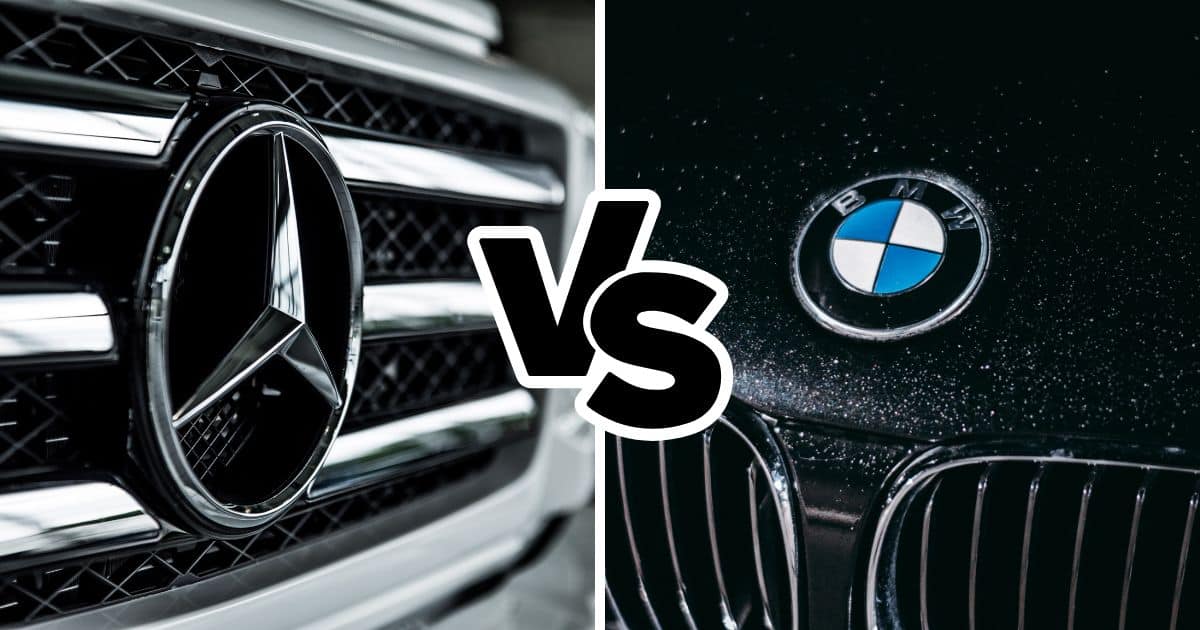
While you are reading about reliability, be sure to bookmark these popular pages: BMW Roadside Assistance: Everything You Need to Know, BMW Warranty: What It Covers and How to Make a Claim, and BMW vs Mercedes: Which Luxury Car Brand is Better?
According to recent reliability surveys, BMWs have a lower score than Mercedes in terms of reliability. However, it is important to note that both brands have a score of 3.0 out of 5.0, indicating that they are both relatively reliable.
When compared to other auto brands, Mercedes ranked 28th out of 32 automakers, while BMW ranked 31st.
BMWs are said to be more durable than Mercedes, with an average lifespan of at least 15 years and up to 200,000 to 250,000 miles. On the other hand, Mercedes last up to 150,000 to 200,000 miles with an average lifespan of over 10 years.
To better illustrate the reliability of Mercedes and BMW, here is a table comparing the two brands based on their reliability scores:
| Brand | Reliability Score |
|---|---|
| Mercedes | 3.0 out of 5.0 |
| BMW | 2.5 out of 5.0 |
While BMW has a slightly lower reliability score than Mercedes, both brands are relatively reliable. It is important to note that the reliability of a car can also depend on various factors such as maintenance, driving habits, and environmental conditions.
Ultimately, it is up to the individual to decide which brand they prefer based on their own personal preferences and needs.
Reliability Comparison: Mercedes vs BMW
Background
When it comes to German luxury cars, two of the most popular brands are Mercedes and BMW. Both automakers have been around for over a century and have built a reputation for producing high-quality, luxurious vehicles. However, when it comes to reliability, there are some key differences between the two brands.
Reliability Comparison
In terms of reliability, BMW has a slightly lower score than Mercedes, according to RepairPal’s recent reliability surveys. BMW scored just 2.5 out of 5.0, while Mercedes scored 3.0 out of 5.0. However, it’s worth noting that both brands are still considered to be fairly reliable.
When it comes to durability, BMWs are generally considered to be more durable than Mercedes. BMW offers stronger build quality, value, and repair records than Mercedes.
BMWs can last up to 200,000 to 250,000 miles, with an average lifespan of at least 15 years. In comparison, Mercedes can last up to 150,000 to 200,000 miles with an average lifespan of over 10 years.
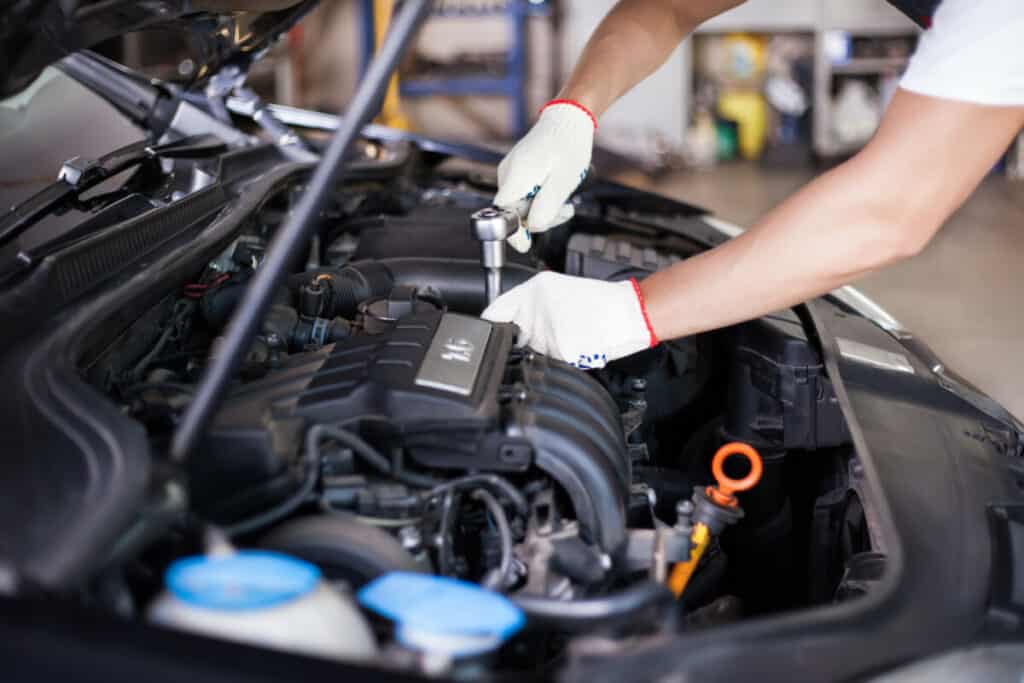
Expert Opinions
My family and I have had multiple BMW and Mercedes vehicles over the years. It’s true BMW’s tend to be more fun to drive, but a Mercedes feels like it is bolted to the ground and feels super safe.
With regard to repairs and problems, both our BMWs and Mercedes have been faily trouble free outside of routine maintenance. This may be due to the fact we are meticulous about performing the required service.
One think that I like about buying or leasing a new BMW is the included service plan. It makes ownership pretty stressfree when you know your basic services are taken care of by the dealership.
This also, could be a bonus for buying a slightly used BMW due to the high likelyhood owners kept up with routine maintenance during the initial 3 year period.
All this is to say, I would feel quite confident buying a BMW or Mercedes vehicle. However, I would suggest buying a naturally asperated engine vs one with turbos as they add complexity and another failure point that could cost you money down the line.
I have a full write-up on which BMW motors are the best if you want to know more.
To illustrate this point, consider the following table:
| Brand | Reliability Score |
|---|---|
| BMW | 2.5 out of 5.0 |
| Mercedes | 3.0 out of 5.0 |
Overall, when it comes to reliability, both BMW and Mercedes are fairly reliable. However, if you’re looking for a more durable vehicle, BMW may be the better choice.
Performance and Power
When it comes to performance and power, both BMW and Mercedes offer impressive options for drivers. Here, we will take a closer look at the engine performance, handling and steering, horsepower and acceleration of these two luxury car brands.
Engine Performance
BMW and Mercedes both offer a range of engines across their models. BMW is known for its powerful and efficient engines, while Mercedes focuses more on luxury and comfort. However, both brands offer turbocharged engines that provide plenty of power and acceleration.
When it comes to SUVs, BMW’s X5 and Mercedes’ GLE both offer strong engine options. The X5 offers a standard 3.0-liter turbocharged engine that produces 300 horsepower and 300 lb-ft of torque, while the GLE has a standard 2.0-liter turbocharged engine that produces 255 horsepower and 273 lb-ft of torque.
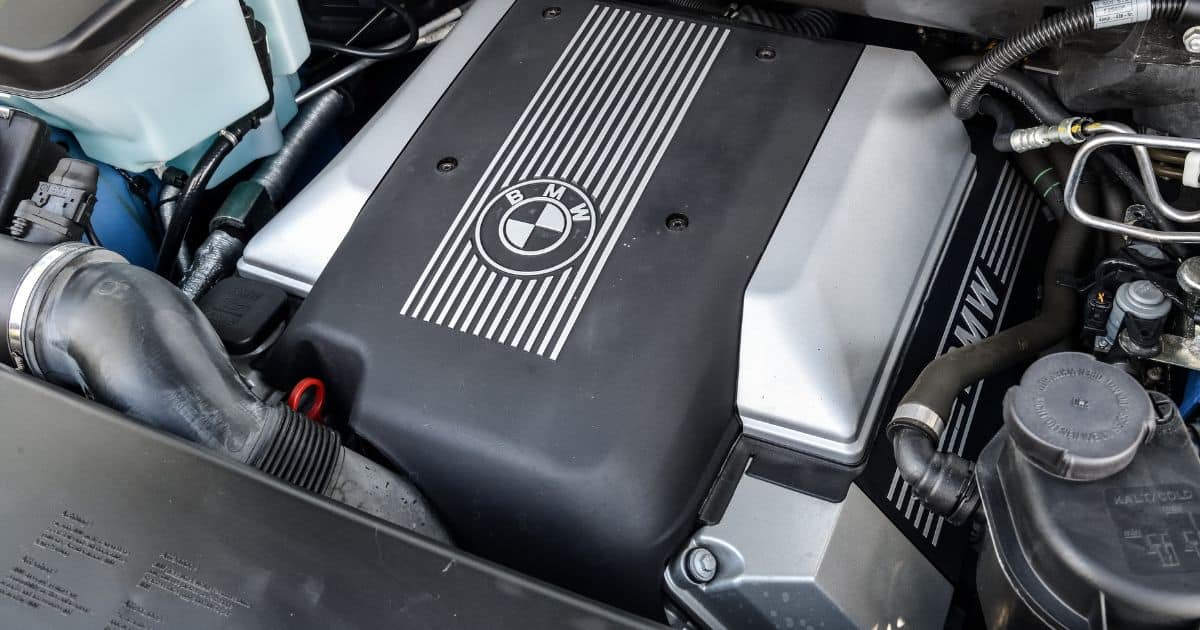
Handling and Steering
BMW is known for its precise and responsive handling, while Mercedes focuses more on comfort and luxury. BMW’s sedans, such as the 3 Series, offer excellent handling and steering, making them a favorite among driving enthusiasts. On the other hand, Mercedes’ S-Class sedans are known for their smooth and comfortable ride.
When it comes to SUVs, both brands offer models with excellent handling and steering. BMW’s X5 and Mercedes’ GLE both offer responsive steering and a comfortable ride, making them great options for those who want a luxury SUV with excellent driving dynamics.
Horsepower and Acceleration
Both BMW and Mercedes offer models with impressive horsepower and acceleration. BMW’s M models and Mercedes’ AMG models are both known for their high-performance engines and quick acceleration.
However, BMW also offers a range of models with manual transmissions, which can provide a more engaging driving experience.
When it comes to sports cars, both brands offer impressive options. BMW’s M4 and Mercedes’ AMG GT both offer powerful engines and quick acceleration.
However, BMW’s M4 has a slightly higher horsepower rating, with 425 horsepower compared to the AMG GT’s 469 horsepower.
| Model | Horsepower | Acceleration (0-60 mph) |
|---|---|---|
| BMW M4 | 425 | 4.1 seconds |
| Mercedes-AMG GT | 469 | 3.7 seconds |
Both BMW and Mercedes offer impressive performance and power across their models, with each brand offering its unique strengths and features.
Luxury and Design
Regarding luxury and design, Mercedes and BMW are top contenders in the luxury car market.
Here, we’ll take a closer look at each brand’s interior and exterior design and the technology and features they offer.
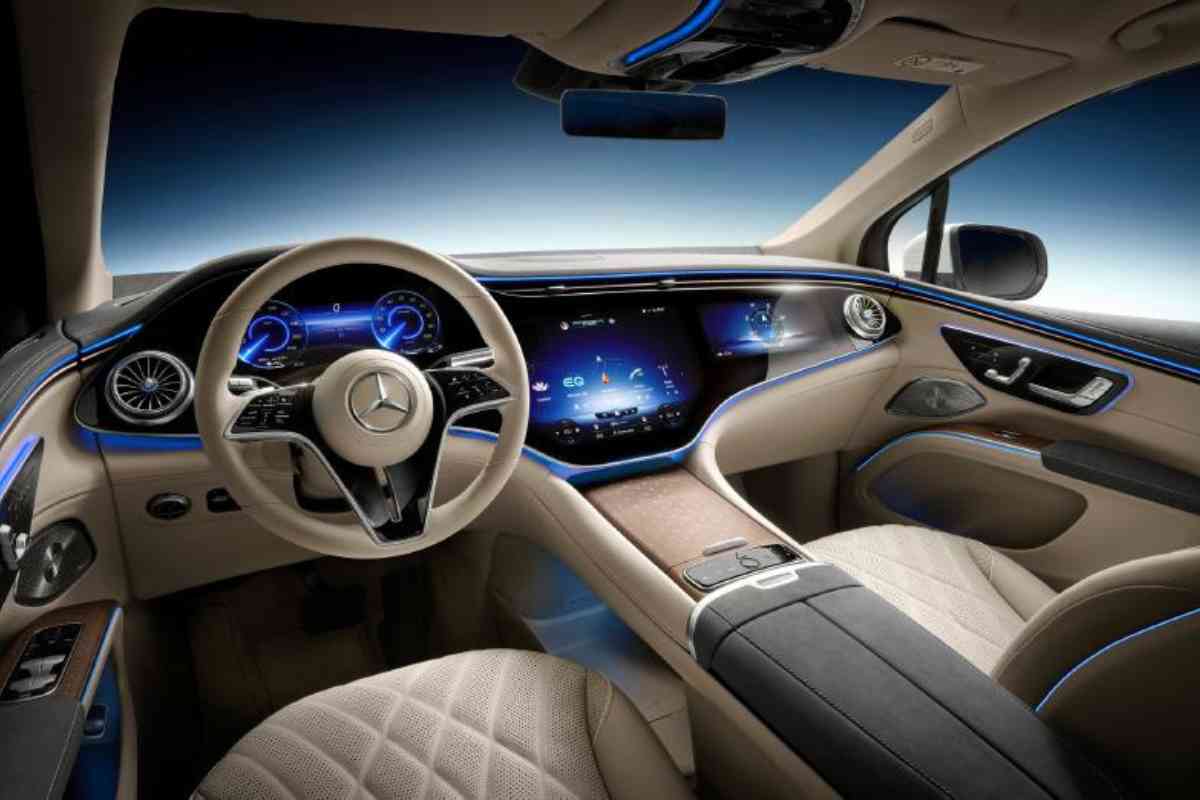
Interior Design and Ergonomics
Mercedes-Benz is known for its luxurious and comfortable interiors, with a focus on high-quality materials and attention to detail.
The C-Class and S-Class models are particularly noteworthy for their elegant and spacious cabins, with the S-Class offering a particularly opulent experience.
The A-Class, a newer entry in the luxury small car category, also boasts a swanky interior with a long list of safety and infotainment features.
On the other hand, BMW tends to prioritize a more driver-focused experience. The BMW X5 and X7 SUVs offer spacious and well-appointed cabins, with a focus on ergonomic design and intuitive controls.
However, some critics have noted that BMW’s interiors can feel a bit austere compared to the more opulent offerings from Mercedes.
Exterior Design and Styling
Both Mercedes and BMW are known for their sleek and stylish designs, with each brand offering a range of models to suit different tastes.
Mercedes tends to favor a more classic and elegant aesthetic, with the C-Class and S-Class models featuring smooth lines and understated details. The Mercedes coupe and convertible models are particularly striking, with their sporty and aerodynamic profiles.
On the other hand, BMW tends to favor a more aggressive and angular design language, with sharp creases and bold grilles defining many of the brand’s models. The X5 and X7 SUVs are particularly imposing, with their large size and muscular styling.
Technology and Features
Both Mercedes and BMW offer a range of advanced technology and features, with each brand incorporating the latest in infotainment, safety, and driver assistance systems.
Apple CarPlay and Android Auto are standard on many models from both brands, allowing drivers to easily connect their smartphones and access their favorite apps and music.
One area where Mercedes stands out is in its focus on luxury small cars. The Mercedes-Benz C-Class, for example, offers a range of advanced features such as a 12.3-inch digital instrument cluster and a head-up display.
BMW, on the other hand, is known for its advanced driver assistance systems, with features such as adaptive cruise control and lane departure warning available on many models.
| Brand | Notable Features |
|---|---|
| Mercedes-Benz | 12.3-inch digital instrument cluster, head-up display |
| BMW | Adaptive cruise control, lane departure warning |
Both Mercedes and BMW offer a range of luxurious and stylish vehicles with advanced technology and features.
While Mercedes may excel in certain areas such as interior design and luxury small cars, BMW offers a more driver-focused experience with advanced driver assistance systems.
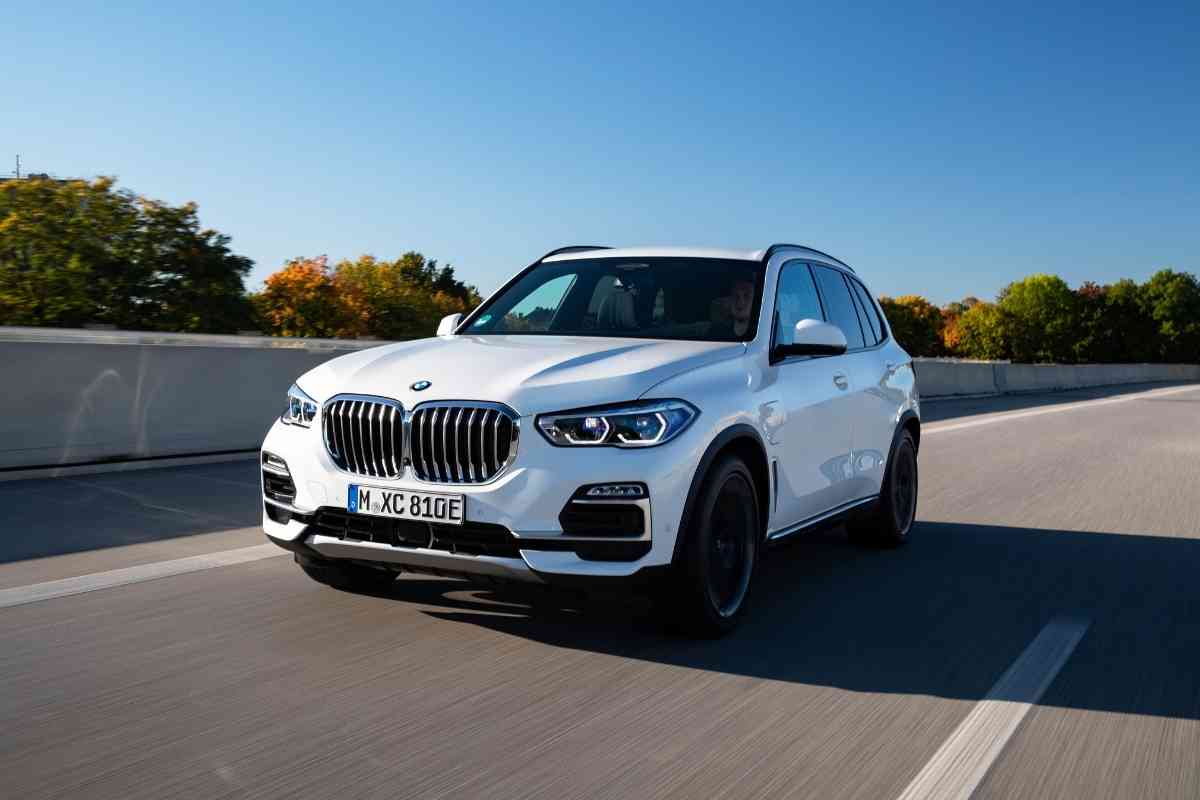
Maintenance and Ownership Costs
Preventative Maintenance
Regarding preventative maintenance, Mercedes and BMW require regular servicing to ensure optimal performance and longevity.
It is recommended to follow the manufacturer’s guidelines for scheduled maintenance, which typically includes oil changes, tire rotations, and inspections of various components.
Both brands offer extended warranty options, which can provide additional coverage for repairs and maintenance beyond the standard warranty period.
Cost of Repair
BMW tends to be more expensive than Mercedes in terms of repair costs. According to RepairPal, BMW has a reliability index score of 2.5 out of 5, while Mercedes has a score of 3.0 out of 5. This means that on average, BMWs are more likely to require repairs and have higher repair costs.
However, it is important to note that repair costs can vary greatly depending on the vehicle’s specific model, year, and condition. It is always recommended to obtain multiple quotes from reputable repair shops before making a decision.
Ownership Cost
Regarding ownership cost, Mercedes and BMW are considered luxury brands and therefore tend to have higher maintenance and repair costs than non-luxury brands. However, Mercedes tends to have slightly lower ownership costs than BMW.
According to J.D. Power’s 2021 U.S. Vehicle Dependability Study, Mercedes ranks higher than BMW in overall dependability. This means that Mercedes vehicles are less likely to experience problems and require repairs over time.
When comparing ownership costs, it is also important to consider the cost of replacement parts and servicing.
Mercedes parts tend to be slightly more expensive than BMW parts. However, the cost of servicing can vary depending on the specific vehicle and location.
To illustrate this point, here is a comparison of the estimated cost of common repairs for a 2018 Mercedes C-Class and a 2018 BMW 3 Series, according to RepairPal:
| Repair | Mercedes C-Class | BMW 3 Series |
|---|---|---|
| Brake Pad Replacement | $234 – $299 | $258 – $368 |
| Exhaust Manifold Replacement | $1,090 – $1,235 | $1,183 – $1,468 |
| Suspension Control Arm Replacement | $590 – $1,022 | $583 – $1,032 |
| Electrical System Diagnosis | $143 – $181 | $143 – $181 |
While both Mercedes and BMW require regular maintenance and can have high repair costs, Mercedes tends to have slightly lower ownership costs and higher overall dependability compared to BMW.
Share Your Insights With US
Did we forget something, get something right (or wrong)? We’d love to hear your insights! Share your automotive experiences based on our article in the comments below. Your input enriches our community’s knowledge. Thanks in advance for sharing!
Safety and Durability
When it comes to safety and durability, both Mercedes and BMW are known for producing high-quality vehicles. However, some differences between the two brands are worth noting.
Safety Features
Both Mercedes and BMW offer a wide range of safety features to help keep drivers and passengers safe on the road. Some of the standard safety features you can expect to find on both brands include:
- Anti-lock brakes
- Electronic stability control
- Airbags
- Rearview cameras
- Blind-spot monitoring
- Lane departure warning
- Adaptive cruise control
However, Mercedes tends to offer more advanced safety features on their vehicles, such as night vision assist, active brake assist, and crosswind assist. BMW also offers some advanced safety features, but not to the same extent as Mercedes.
Build Quality and Durability
In terms of build quality and durability, BMWs are generally considered to be more durable than Mercedes. BMWs are built with stronger materials and have a reputation for lasting longer than Mercedes vehicles.
According to RepairPal’s reliability surveys, BMW scored 2.5 out of 5.0, while Mercedes scored 3.0 out of 5.0.

Dependability and Battery Life
When it comes to dependability and battery life, both Mercedes and BMW have their pros and cons.
Mercedes vehicles tend to have more electrical issues, which can lead to battery problems. On the other hand, BMWs are known for their strong battery life and tend to have fewer electrical issues.
To illustrate this point, here is a table comparing the battery life of some popular Mercedes and BMW models:
| Model | Battery Life (Years) |
|---|---|
| Mercedes C-Class | 4-5 |
| Mercedes E-Class | 4-5 |
| BMW 3 Series | 5-6 |
| BMW 5 Series | 5-6 |
Overall, both Mercedes and BMW produce safe and durable vehicles.
However, Mercedes may be the better option if you are looking for a vehicle with more advanced safety features. BMW may be the better choice if you prioritize durability and battery life.
